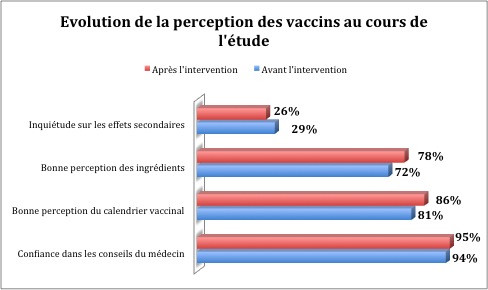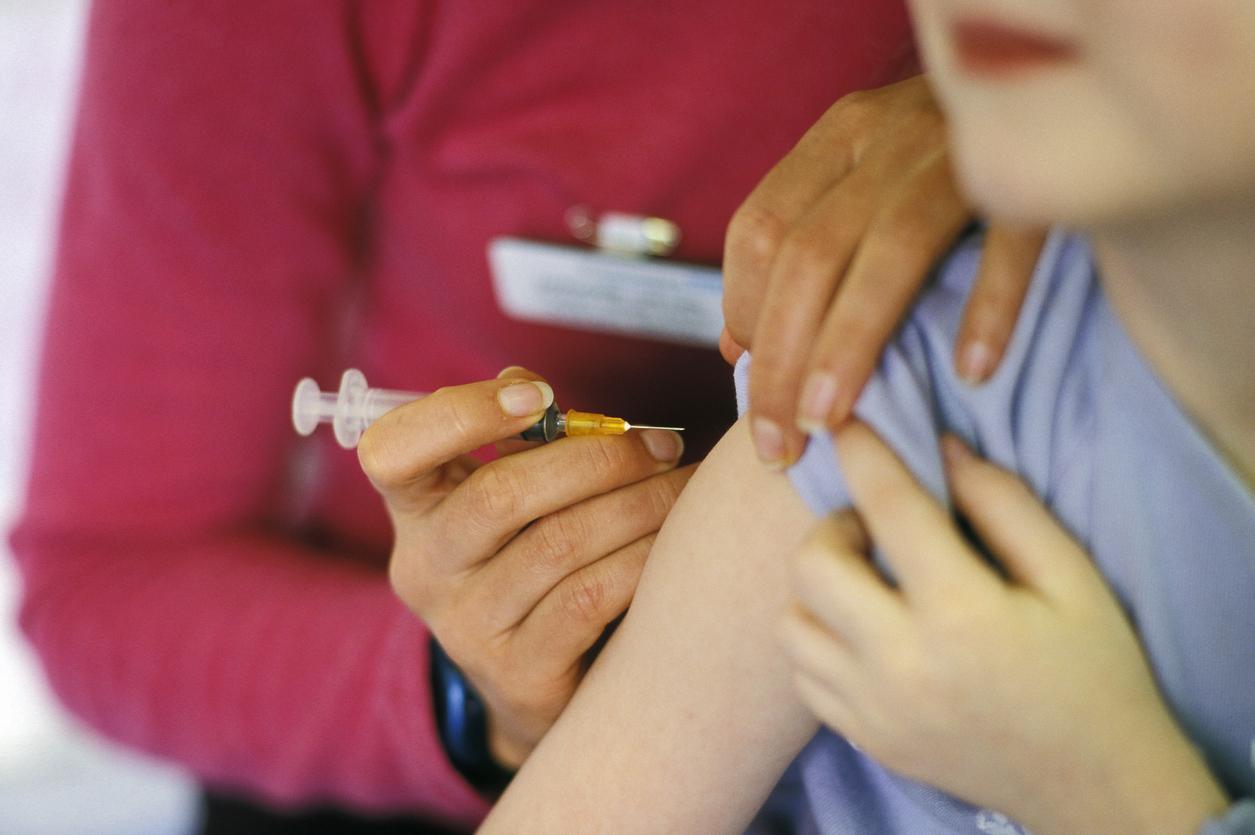American researchers have called on parents to fight against vaccine reluctance. The approach is effective and has reduced reluctance.

Four in ten French people doubt the safety of vaccines. France is the world champion of mistrust, but the United States is also in the grip of hesitation. How to reconcile citizens with this drug? The Kaiser Permanente institute is betting on social marketing to respond to the anti-vaccine leagues. By relying on the parents of school-going children, it was possible to allay the suspicions of some. The results of this original experiment are published in Health Promotion Practice.
A gentle approach
Some parents express doubts about the usefulness or safety of vaccines. It is vaccine hesitancy. It can cause them to delay the date of the injection for their offspring, or even not consent to the act at all. A decision that can have serious consequences: several children have recently died from diseases such as diphtheria for which there is a vaccine. In France, for example, measles is experiencing a worrying resurgence.
Kaiser Permanente researchers therefore attempted a new approach, drawing inspiration from the principles of social marketing. This current aims to get a public to accept behavior in the interest of a group or society. To preach the good word, parents were called upon.
The method is not really rocket science: each parent recruited – more than 200 in total – has the role of talking about the benefits of vaccination with their peers, on the school grounds or on social networks. The approach is less aggressive and, it seems, better perceived by other parents.

Fewer received ideas
Relying on parents is effective, given the results. Before the intervention, which lasted three years, 23% of parents were hesitant about the benefit of vaccination. At its end, they were no more than 14% to express such doubts. Conversely, the proportion of participants who consider the components safe is increasing.
The received ideas have also evolved on a concrete level. Thus, fewer parents consider it more beneficial for the child to fall ill than to be vaccinated. Likewise, fewer say vaccines are given too early in life.

Reluctance remains in the minority, this work confirms it. However, the objective of the experiment was to “counterbalance the effect of anti-vaccination messages, very present, which do not reflect the fact that most parents vaccinate their children and trust vaccines”, recalls Clarissa Hsu , who signs the study.
Better informed, parents are also more open. At the end of the study, they were therefore more likely to know the vaccination coverage in the establishment of their child. This has progressed. But the researchers admit, it is possible that the occurrence of epidemics during follow-up also partly explains these results.
Decoding the immunoma to improve vaccines
The immunoma. This is a term that is unfamiliar in the French language. However, it could be democratized. This is what researchers at Human Vaccines Project and Vanderbilt University (Nashville, USA). This April 11, they announced a partnership with the company specializing in genetic sequencing, Illumina. The objective is to decipher all the genetic processes involved in the immune system, the famous immunoma.
The researchers will first try to identify the receptors of B and T lymphocytes, as well as their variations between individuals. Valuable information for understanding immune responses but also the development of diseases. “This will allow the development of highly targeted vaccines and immunotherapies against infections and non-communicable diseases,” said James Crowe Jr, director of the Vanderbilt University Vaccination Center.
Find the program L’invité santé by Pourquoidocteur
With Prof. Alain Fischer (Necker-Sick Children Hospital)
Released on 02/24/2017:
.
















